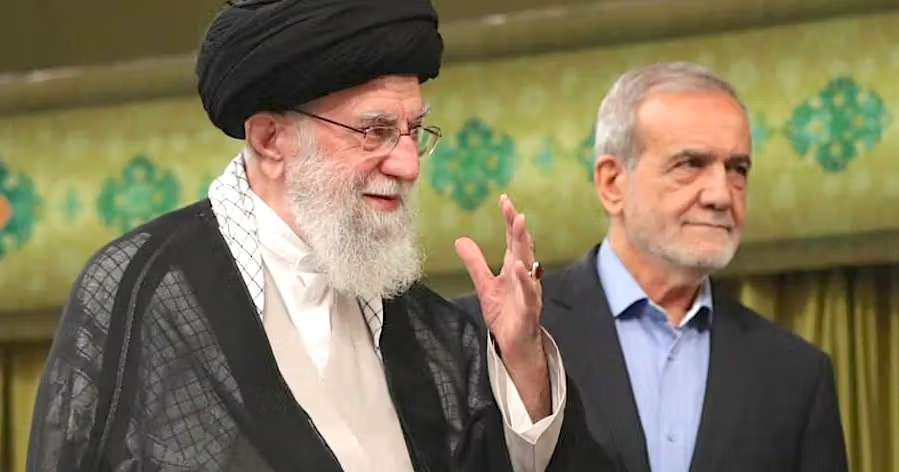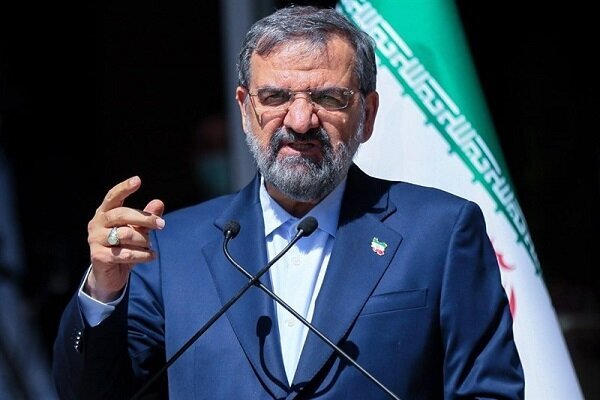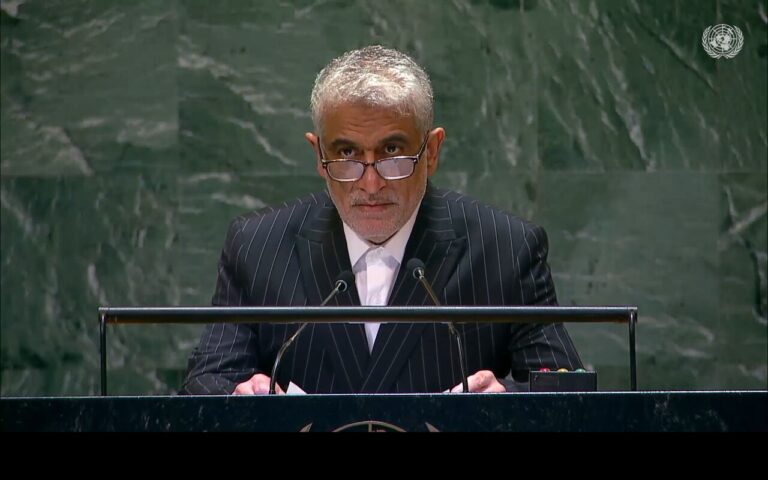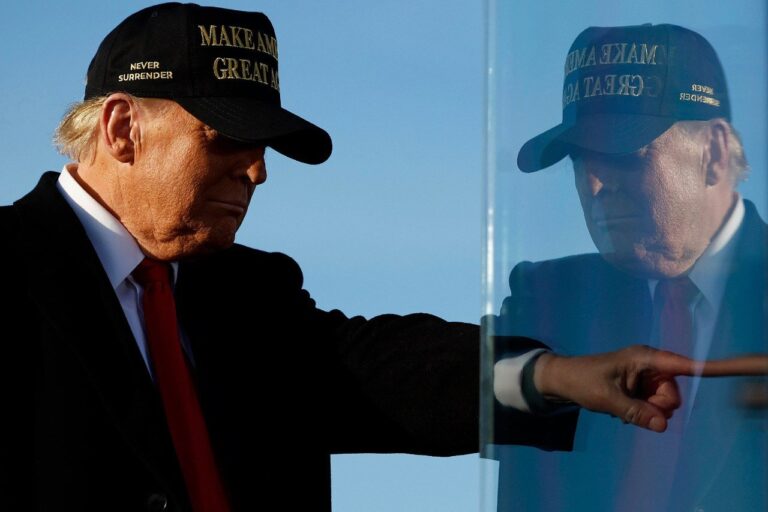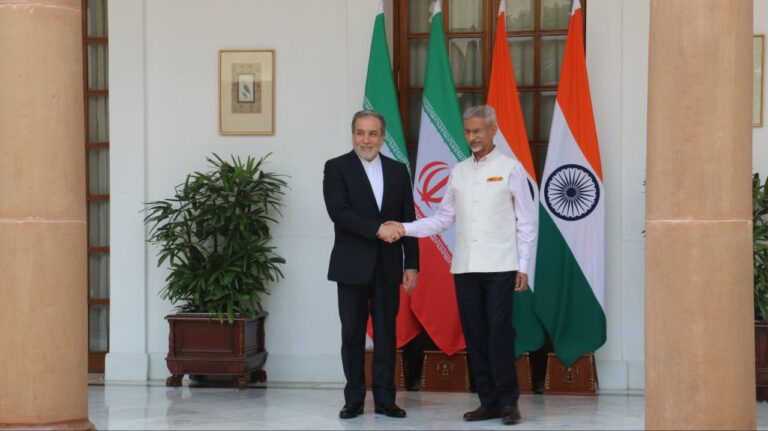Khamenei’s Surprising Turn on Trump Talks Sparks Controversy and Criticism
Iran’s Supreme Leader, Ali Khamenei, has recently shifted his long-standing position regarding negotiations with the United States, a move that has sparked considerable controversy among Iranians. Critics argue that this decision reflects a capitulation to external pressures, aimed at preserving his grip on power. As the nation grapples with this unexpected change in rhetoric, many are questioning the integrity of Khamenei’s previous statements regarding the U.S., which he once labeled as “unwise, undignified, and dishonorable.”
In response to this dramatic shift, Iran International invited public commentary, leading to a flood of reactions. One respondent poignantly noted, “You said negotiating with America is dishonorable. Now do you realize you’re without honor?” This sentiment encapsulates the feelings of many who view Khamenei’s pivot as a sign of weakness.
On Tuesday, U.S. President Donald Trump confirmed the initiation of high-level, direct talks with Iran, following his meeting with Israeli Prime Minister Benjamin Netanyahu. Trump stated, “We’re dealing with them directly and maybe a deal is going to be made,” while also warning that failure to reach an agreement could place Iran “in great danger.” As part of this diplomatic effort, Tehran is set to engage in discussions with Washington in Oman on Saturday.
Despite the ongoing criticism from various factions, Iranian officials have attempted to frame their diplomatic efforts as indirect. Foreign Minister Abbas Araghchi emphasized during an interview with state television that, “What America is doing is dictating. We believe indirect talks are more effective.” Similarly, administration spokesperson Fatemeh Mohajerani acknowledged the significance of the negotiations but maintained that they remain indirect for the time being. She stated, “We have to begin the process to see where it leads, but the format remains non-direct.”
However, many citizens remain skeptical of the government’s attempts to justify this new approach. Numerous individuals accused Khamenei of misleading the public about the nature of U.S. relations, suggesting that his current stance represents a retreat under pressure. One individual expressed frustration, saying, “They lied about indirect negotiations for so long. Now they should admit they were wrong.”
Others have connected Khamenei’s decision to a broader context of unrest, particularly in light of the Women, Life, Freedom movement, which has sparked significant dissent against the government since 2022. One respondent suggested that Khamenei’s willingness to engage in talks stems from a fear of political collapse, likening his situation to that of historical figures like Gaddafi and Saddam. “Khamenei agreed to talk because he fears ending up like Gaddafi or Saddam,” they said.
As tensions continue to escalate, the stakes appear to be higher than ever. Just last month, Trump threatened military action against Iran if a new deal was not established within two months. “Khamenei has no choice but to sit at the table,” one observer noted. “He knows if war breaks out, the same youth he wants to send to fight won’t aim at America or Israel—they’ll aim at him.” This sentiment underscores a growing concern among the populace about the leadership’s ability to navigate the current geopolitical landscape.
Criticism has also been leveled at the perceived hypocrisy of Khamenei and his administration. One message directed at the leader pointedly remarked, “You used to accuse protesters of collaborating with hostile governments. Now you’re negotiating with the very government you called hostile.” This stark contrast between past and present actions has led many to question the legitimacy of Khamenei’s leadership.
Another message directly addressed Khamenei’s leadership style, claiming, “You’re a coward ruining the lives of over 80 million people. Now that you’ve suffered a defeat and backed down, even your own followers can see how cowardly you are.” This assertion reflects a growing sentiment that Khamenei’s decisions are not only politically motivated but also a response to mounting internal pressures.
A particularly striking voice message accused Khamenei of backtracking so significantly that he risks reversing decades of anti-U.S. and anti-Israel sentiments. “Khamenei redefines words. Even ‘honor’ means something different to him,” the speaker said, suggesting that Khamenei’s current actions may lead to an unprecedented shift in Iran’s foreign policy. The speaker ominously concluded, “Soon he’ll be on his way to kiss Netanyahu’s hands.”
Throughout the responses compiled by Iran International, a prevailing sense of “humiliation” has emerged. One individual succinctly captured this sentiment, stating, “This is humiliation. Khamenei once vowed neither war nor negotiation. Now there’s negotiation, no deal, and he still has to go.” As the situation continues to evolve, it remains to be seen how Khamenei’s decision will impact both domestic and international relations.
